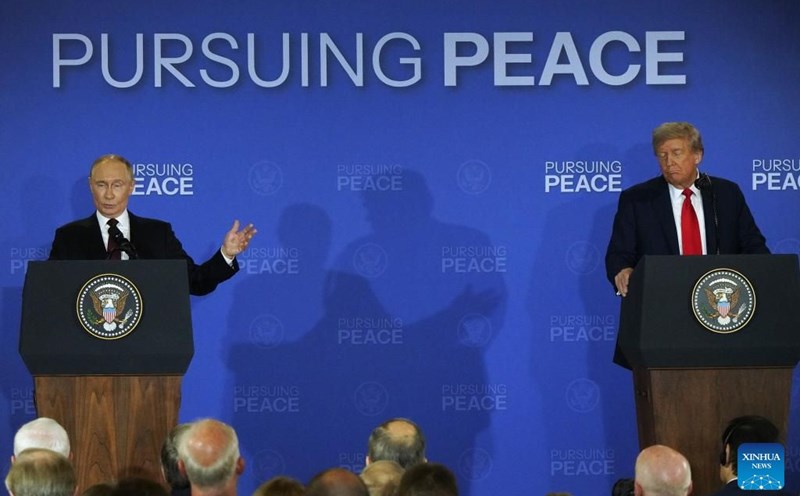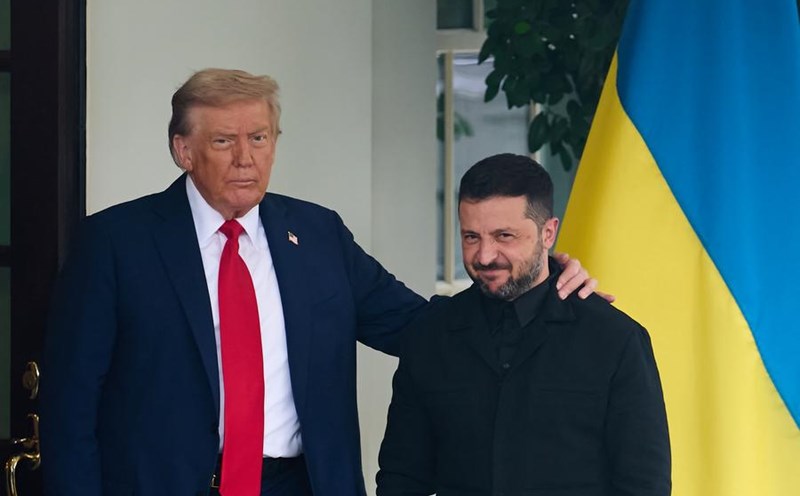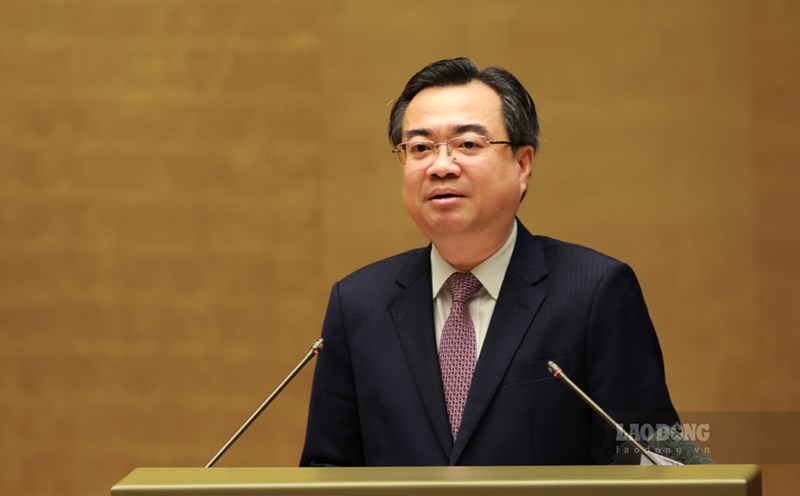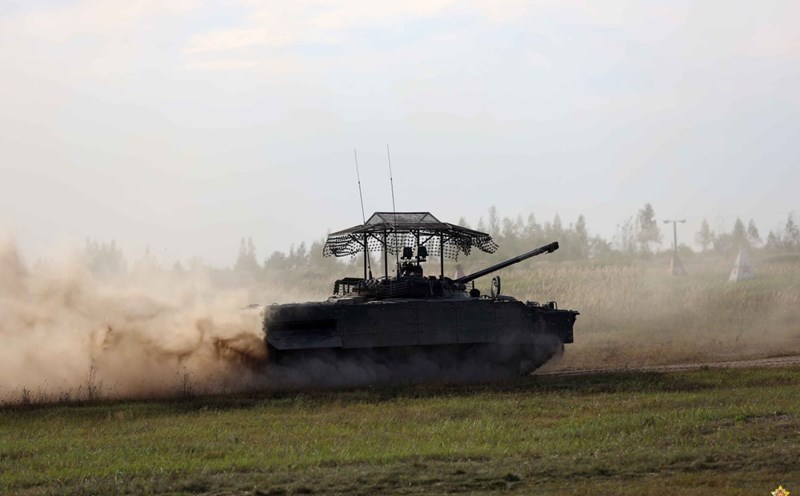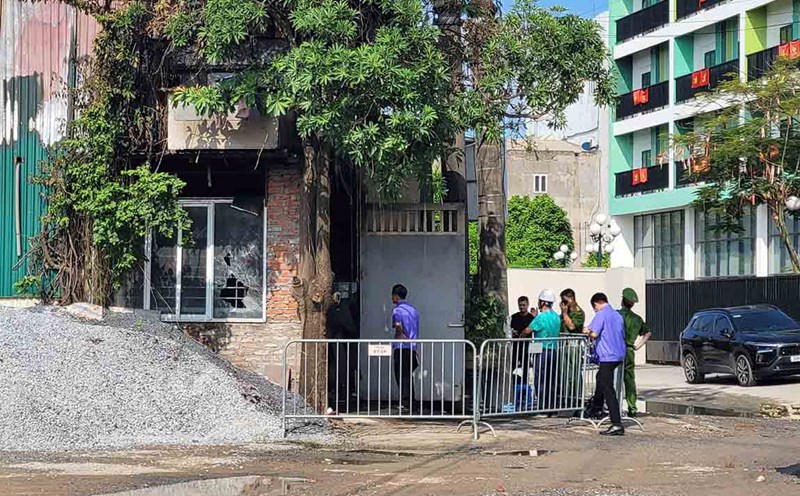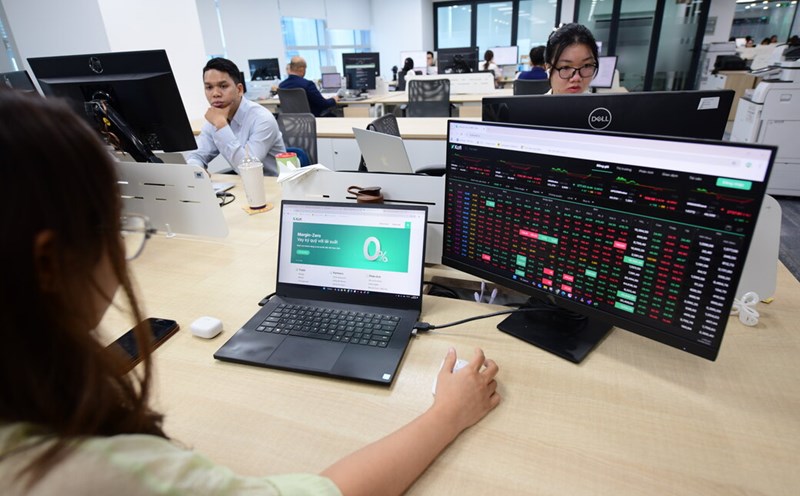Within just two weeks, President Donald Trump had twice declared that the US military had launched a "collision" against a ship allegedly transporting drugs from Venezuela. Meanwhile, he did not rule out the possibility of a direct attack on the territory of this South American country, raising concerns about a military confrontation scenario.
Speaking to reporters in Morristown, New Jersey on September 14, President Donald Trump was questioned about whether the US would directly attack Venezuela, and whether he would be afraid of retaliation from the Nicolas Putin administration.
Well see what happens, Trump said. Venezuela is sending criminal gangs, drug and drug dealers to the US. That is unacceptable.
The statement comes as Washington has sent three warships and about 4,000 soldiers to the southern Caribbean, citing anti- countless drug trafficking gangs.
Just a day later, on September 15, Mr. Trump continued to attract attention when he claimed that the US military attacked a ship described as a "Venezuelan drug trafficking ship" on its way to the US. According to him, 3 people were killed in the explosion that took place in international waters.
Under my orders, the US Armed Forces have launched a second attack on drug gangs and extremely violent drug terrorists in the area of responsibility of SOUTHCOM (US Southern Command) - Mr. Trump wrote on the social network Truth Social.
He also posted a nearly 30-second video showing a ship on fire after the explosion. However, Trump did not provide specific evidence to prove that the ship was actually transporting drugs.
Previously, on September 2, the US launched another attack that killed 11 people believed to be members of the Tren de Aragua gang. The Trump administration has yet to announce details, despite a request for questioning from several US lawmakers.
Venezuela has not yet responded officially to the latest incident. But just hours before Trump's announcement, President Putin accused the US of "acting aggressively" and affirmed that the bilateral communication channel had been almost cut off.
Meanwhile, Washington continues to increase its forces in the Caribbean. In addition to the initial three warships, at least seven warships and one nuclear warship have appeared in the area. On September 13, five F-35 stealth fighters also landed in Puerto Rico after the Trump administration ordered the deployment of another 10.
Observers are concerned that with the US not excluding the "attack scenario" and Venezuela considering this an "agressive" act, the risk of direct military collision between the two countries is increasing.
SOUTHCOM - the US Southern Command, which is in charge of 31 countries in South America, Central America and the Caribbean - is currently playing a central role in these moves. However, it is unclear how far Washington will go in shifting from anti-drug to a full-scale confrontation with Caracas.

